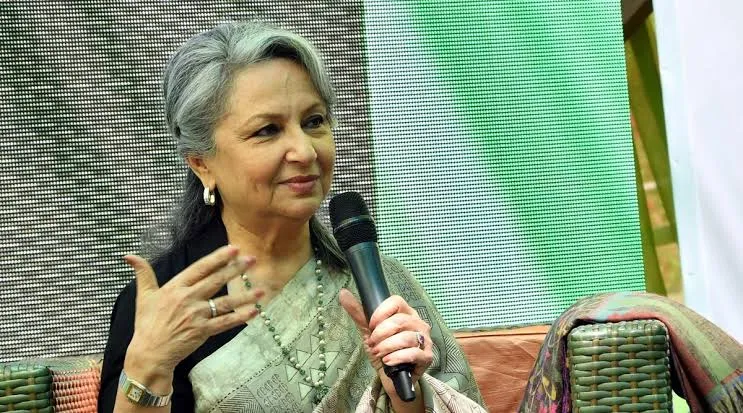The Supreme Court has constituted a National Task Force to ensure the protection of doctors, and to address the safety and working conditions of medical professionals across the country. This decision follows the tragic rape and murder of a doctor at Kolkata’s RG Kar Medical College and Hospital, an incident that has sent shockwaves through the nation and prompted widespread strikes within the medical community.
National Task Force of Doctors
The task force, established by a bench led by Chief Justice of India (CJI) DY Chandrachud, has been instructed to file an interim report within three weeks and submit its final recommendations within two months. The court’s action underscores the inadequacy of existing laws in safeguarding the institutional safety of doctors, a concern that has gained urgency in the wake of the Kolkata incident.
“The nation cannot wait for another rape and murder for things to change on the ground,” CJI Chandrachud stated, emphasizing the necessity of immediate and substantial reforms to protect medical professionals from violence. The bench, which also included Justices JB Pardiwala and Manoj Mishra, expressed deep concern over the current conditions faced by doctors, particularly the lack of security and basic facilities such as resting areas and toilets.
Must Read: Kolkata Rape & Murder Case: CBI Receives Approval To Hold Accused Polygraph Test
The National Task Force comprises a distinguished panel of medical experts, including Surgeon Vice Admiral R Sarin, Dr. D Nageshwar Reddy, Dr. M Shreenivas, Dr. Pratima Murty, Dr. Goverdhan Dutt Puri, Dr. Saumitra Rawat, Prof. Anita Saxena (Head of Cardiology, AIIMS Delhi), Prof. Pallavi Sapre (Dean, Grant Medical College, Mumbai), and Dr. Padma Srivastava (Neurology Department, AIIMS). These members bring a wealth of experience and expertise to the task of evaluating and recommending measures to improve the safety and working conditions of doctors across India.
Additionally, the task force will include several ex-officio members from key government positions, such as the Union Cabinet Secretary, Union Home Secretary, Union Health Secretary, the Chairperson of the National Medical Commission, and the President of the National Board of Examiners. This high-level representation underscores the importance of the task force’s mission and the commitment of the government to address this critical issue.
Task force’s mandate
The task force’s mandate includes making recommendations on a range of issues related to the safety, working conditions, and overall well-being of medical professionals. As Chief Justice Chandrachud noted, the protection of doctors is not just a matter of individual safety but is essential for the proper functioning of healthcare institutions and the delivery of medical services across the country.
The court’s decision to form the task force comes in the wake of significant criticism directed at the West Bengal government and the administration of RG Kar Medical College for their handling of the case. The Supreme Court took up the matter on its own initiative, expressing outrage over the delay in filing the First Information Report (FIR) and other procedural lapses that hampered the initial investigation. The bench’s dissatisfaction was further compounded by reports of a violent mob attack on the hospital’s emergency ward during a midnight protest, which resulted in significant damage to critical infrastructure.
“The state government must not use force to suppress those protesting peacefully,” the Supreme Court asserted, emphasizing the right of medical professionals to express their concerns without fear of retribution. CJI Chandrachud also criticized the West Bengal government for failing to prevent the vandalism at RG Kar Medical College, which exacerbated the already tense situation at the hospital.
Supreme Court addresses Working Conditions
The court’s remarks highlighted the grueling hours that junior doctors are often required to work, noting the lack of adequate security and basic facilities such as resting areas and toilets. These conditions, the court suggested, contribute to the vulnerability of medical professionals, particularly women, who are increasingly at risk in their workplaces.
The Supreme Court’s intervention in this case is seen as a critical step toward addressing the broader issue of violence against doctors and ensuring that healthcare professionals can work in an environment that is safe and supportive. As the task force begins its work, the nation will be watching closely to see what recommendations are made and how they will be implemented to bring about meaningful change.
The case is scheduled to be heard next on Thursday, August 22, with the Supreme Court expected to review the progress of the task force and any interim measures that may have been put in place. The outcome of this case could set a precedent for how similar cases are handled in the future and may lead to significant reforms in the healthcare sector, particularly in terms of safeguarding the rights and safety of medical professionals.






















